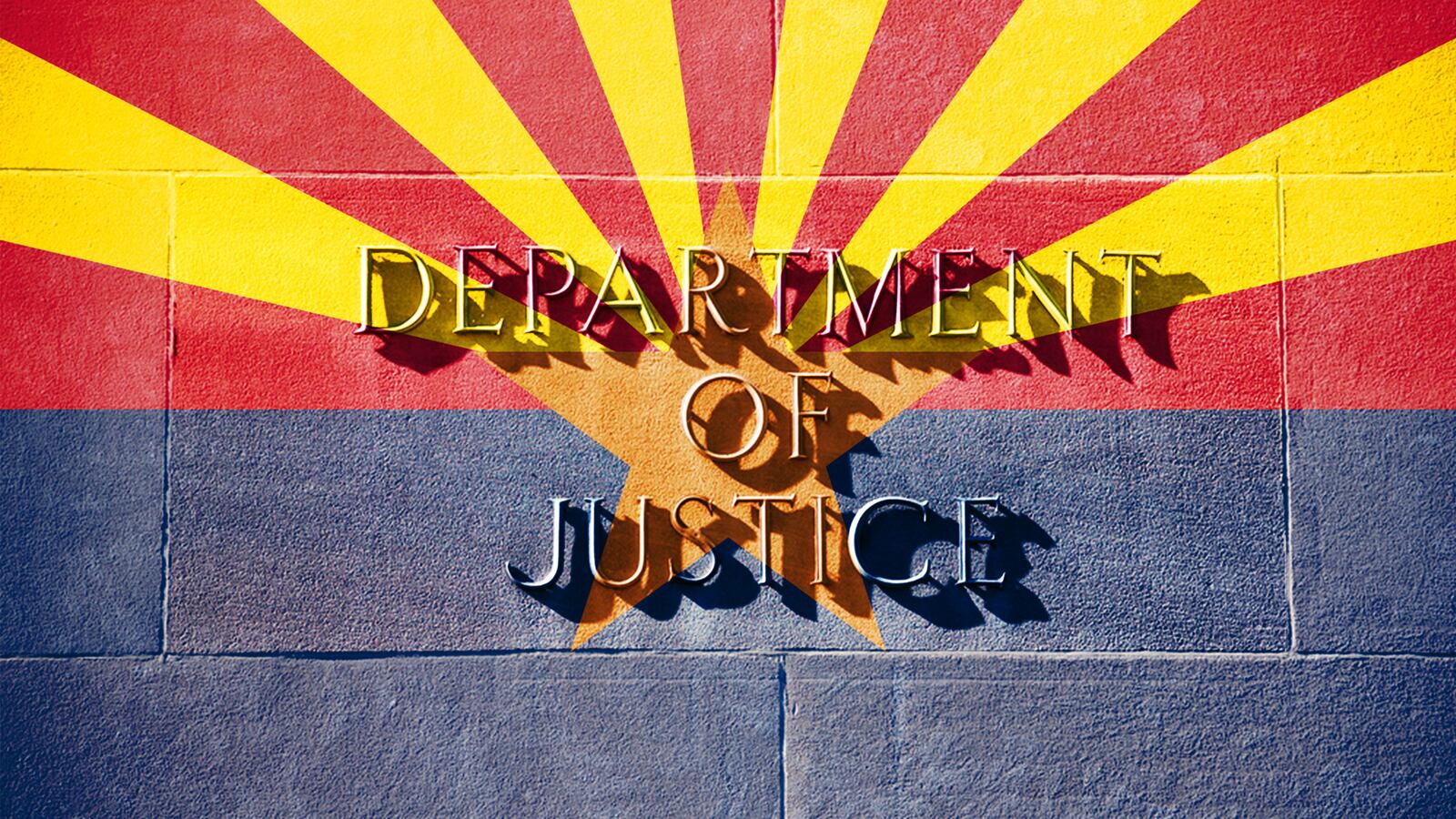The Department of Justice on Thursday brought federal criminal charges against two Arizona men accused of using fake political groups to defraud thousands of unwitting donors out of millions of dollars.
Such groups are generally referred to as “scam PACs.” And DOJ’s criminal prosecution represents a major legal escalation against the practice by which those PACs’ executives raise huge sums of money by promising to support political candidates or causes and simply pocket the money instead.
According to DOJ, the two Arizona men, Robert and William Tierney, operated at least nine political action committees. They raised money through telemarketing campaigns promising that donations would fund the campaigns of various political candidates, pro-life activism efforts, and autism awareness.
In fact, DOJ claims, the Tierneys were using a web of shell companies to steer the money to their own bank accounts. They raised more than $23 million, according to the indictment. The vast majority went to paying the fundraising companies that they used to solicit the money. But the Tierneys pocketed about $3.5 million, while spending just $108,000 backing the groups and campaigns they claimed that fundraising would support.
The men are charged with conspiracy to commit mail fraud, wire fraud, and money laundering.
“The so-called political action committees served as nothing more than a front for an extensive personal fundraising campaign,” said FBI assistant director William Sweeney in a statement on the indictment.
Legal experts say that DOJ’s indictment represents a major step towards combating scam PACs more generally.
“This is a very significant indictment—the first time the Justice Department has used the mail and wire fraud statutes against alleged scam PAC operators,” said Brett Kappel, a partner at the Washington law firm Ackerman. “If these defendants are convicted it will send a powerful message that consumer protection laws apply to political fundraising.”
Scam PACs are common on both sides of the political aisle. The PACs capitalize on the lack of legal restrictions on the portion of their money that must be devoted to actual political work rather than staff salaries, consulting fees, and overhead expenses.
Civil complaints against such groups have seen limited success. When former Virginia gubernatorial candidate Ken Cuccinelli sued a group of alleged scam PACs for fundraising in his name and pocketing most of the money raised, the groups argued that the bulk of that money was used to cover overhead expenses associated with the fundraising campaigns themselves. That can be a difficult claim to disprove, and Cuccinelli’s lawsuit was unsuccessful.
The Tierneys’ network of PACs was particularly egregious in the sums it spent on overhead and payments to the people running it. But it’s different from other scam PACs only by degrees, and if DOJ is determined to go after the practice, there are scores of other political organizations that could be in legal jeopardy.





